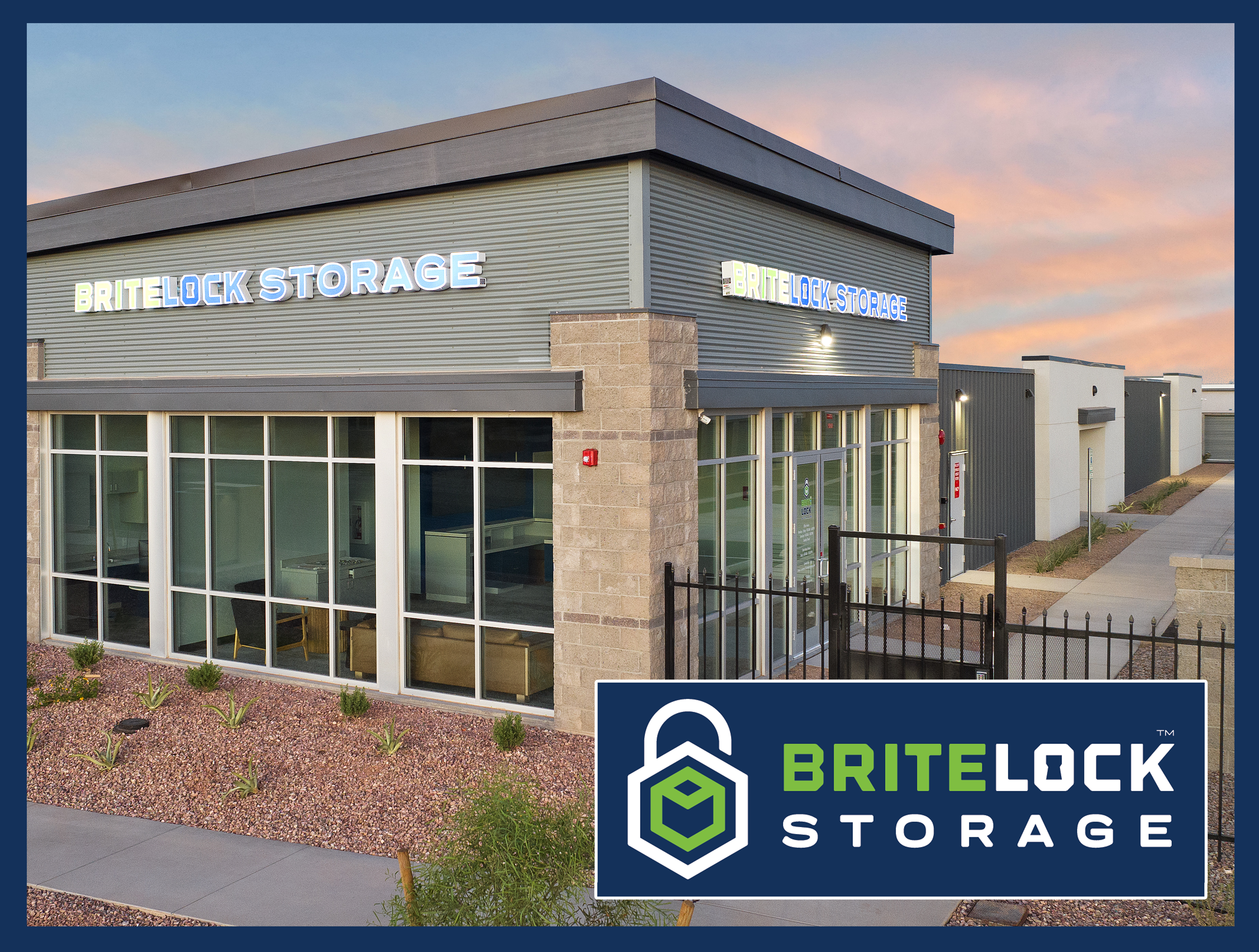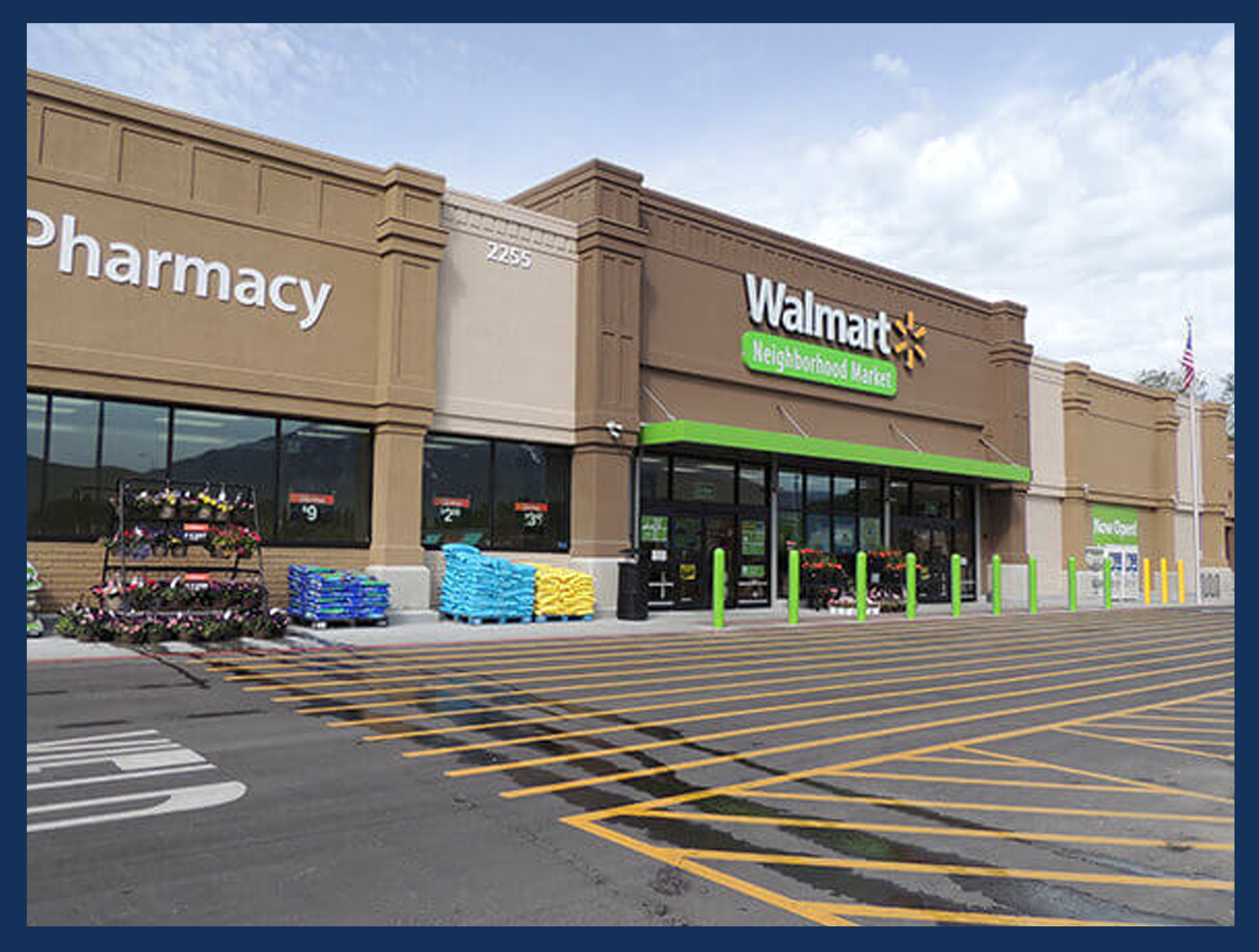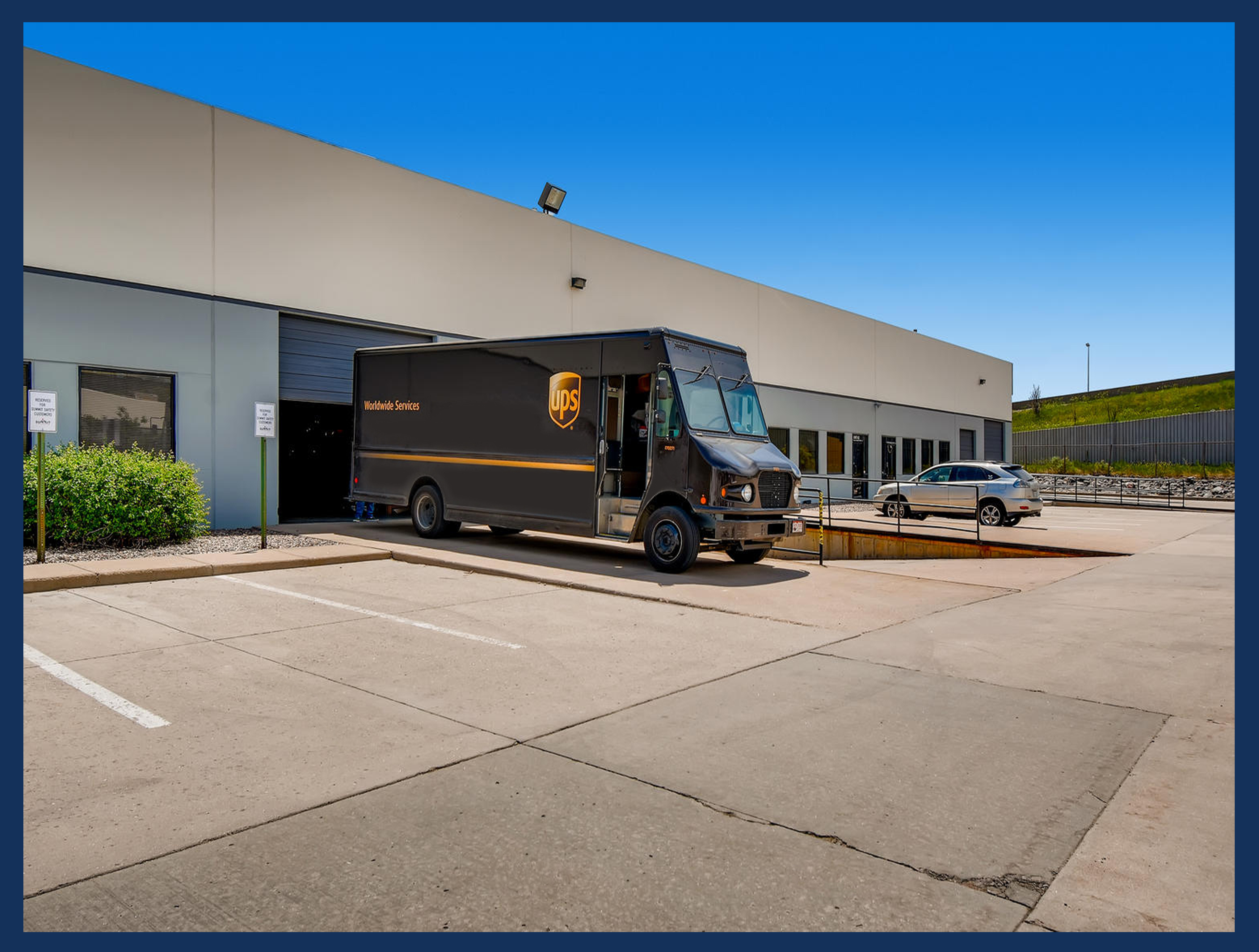Property Types
Self storage, grocery-shadow retail, and small bay industrial asset classes form the core of our investment strategy.

Self Storage
Self-storage has earned a reputation for delivering consistent income across economic cycles, including downturns, when life transitions often drive increased demand. It also benefits from residential upsizing and downsizing trends that support steady occupancy. In addition, the sector offers operational flexibility, with the ability to adjust rental rates quickly in response to shifting market conditions.

Grocery Shadow Retail
Grocery-shadow retail centers are anchored by a market-leading grocery store and surrounded by necessity-based shops. These centers often become community staples, offering local convenience and steady foot traffic that benefits the full tenant mix. As a result, proximity to a strong grocer is a key draw for many tenants, supporting a diverse, essentials-driven, and e-commerce-resistant revenue stream.

Small Bay Industrial
Small bay industrial properties, typically under 120,000 square feet, offer flexible layouts that suit a range of uses, from light manufacturing to local distribution. Their smaller size appeals to diverse tenants and helps limit vacancy risk. Often located near transportation hubs, these assets are well-positioned to meet rising demand driven by e-commerce and the need for localized operations.